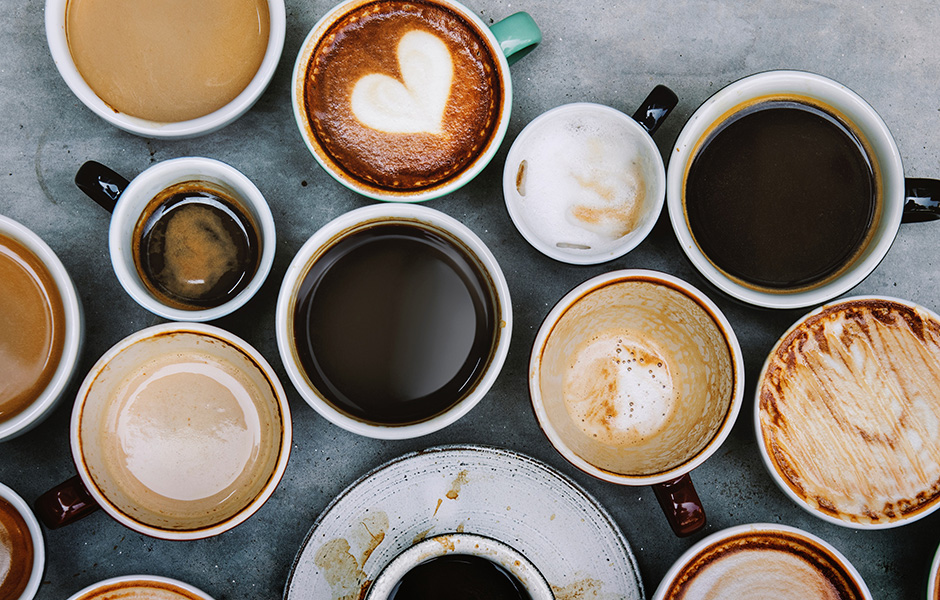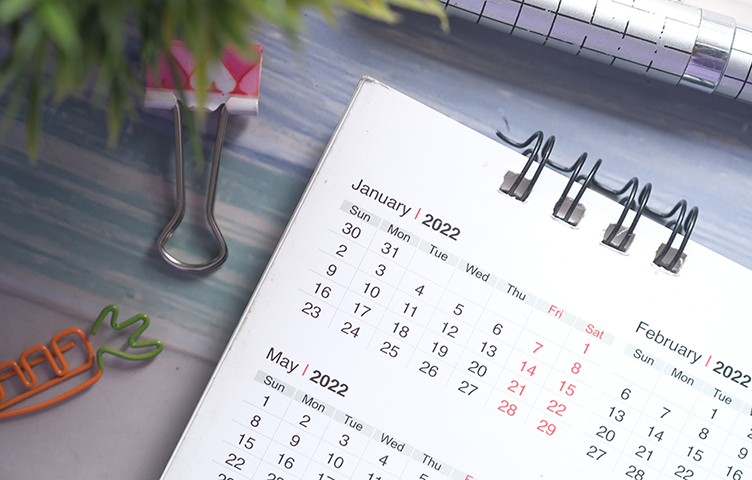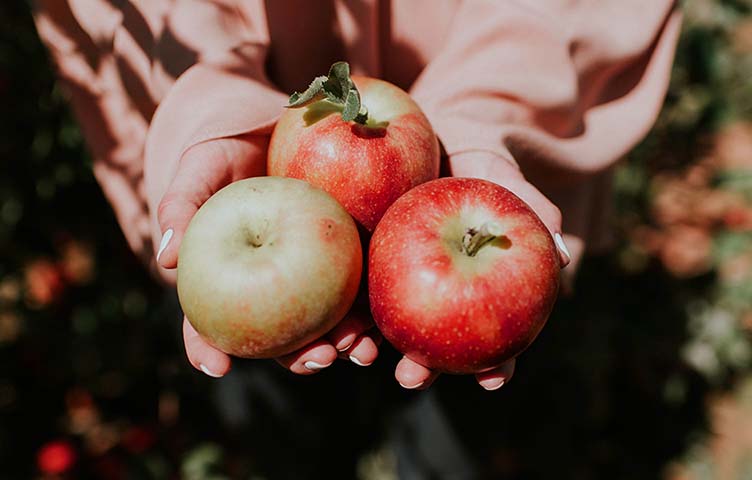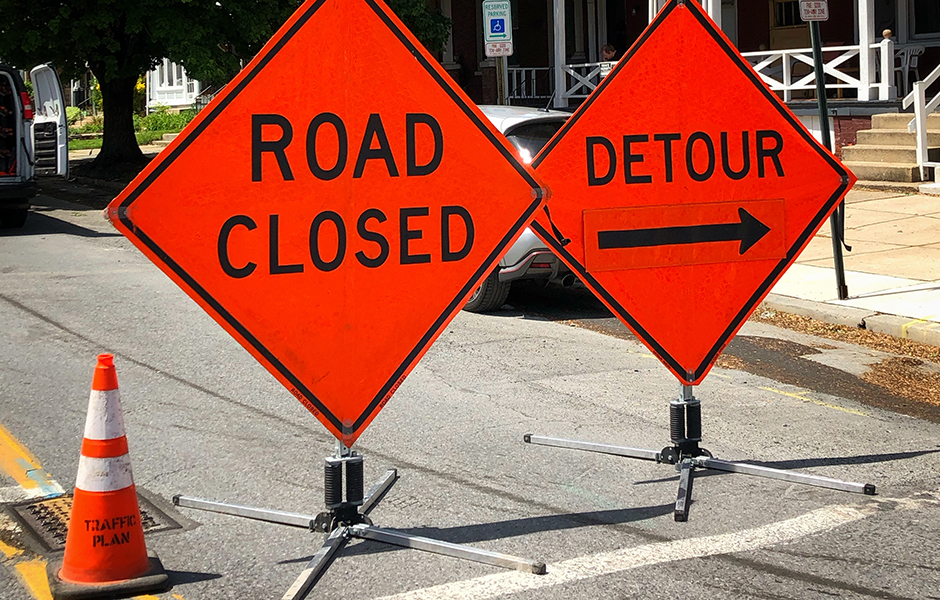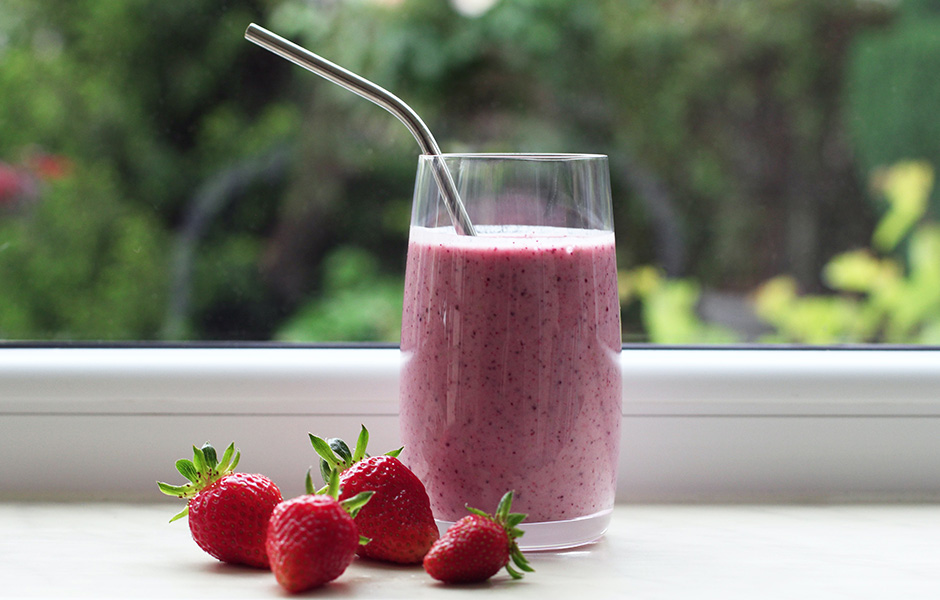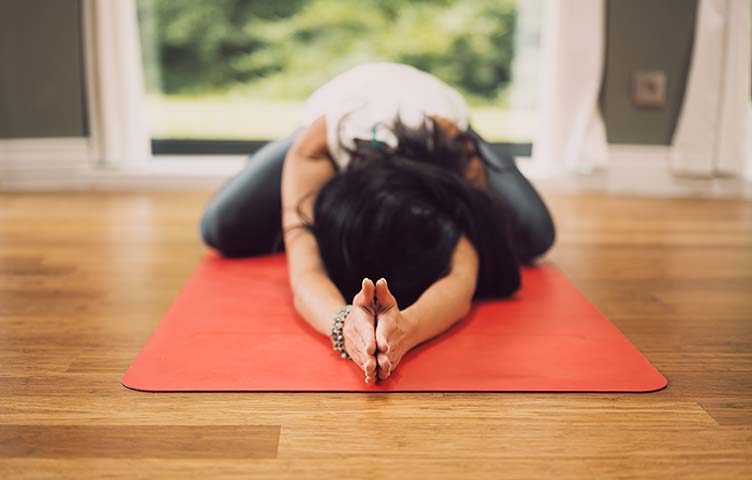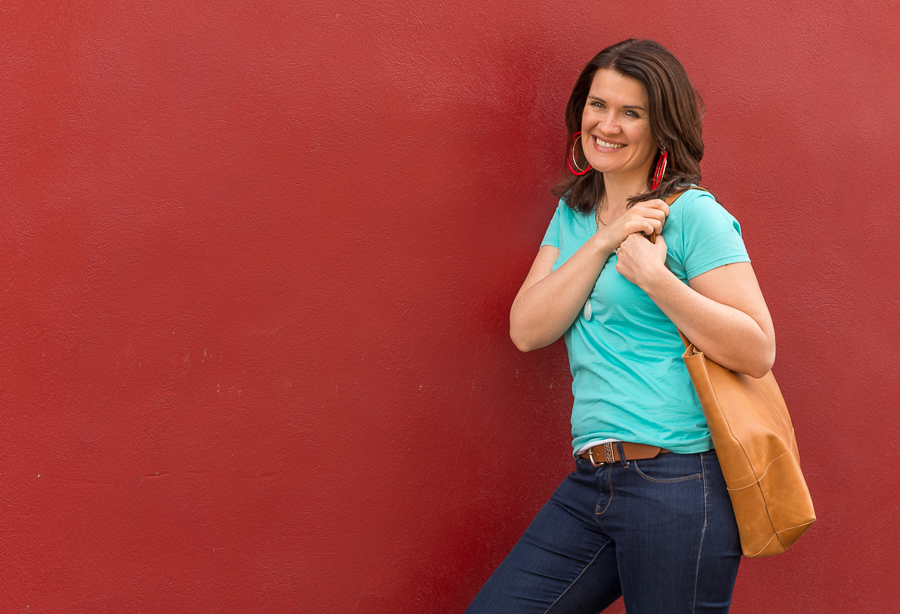If you’ve learned anything about me by now, there’s a good chance, it’s that I like coffee. Ok, truthfully? It’s that I LOVE coffee. Drinking a good cup filled with that steaming black liquid, is one of my favorite parts of almost every day.
Only, around November, I started drinking more than just coffee. Before you get any bad ideas, let me tell you I started making mocha’s at home. Into the bottom of my mug, I’d toss a tablespoon of cocoa powder. Then, I’d add a little more than a tablespoon of maple syrup (the real stuff). I’d stir the two together until they became a paste. Finally, I’d add coffee and a little milk, stirring as I poured them in.
Voila! I had a delicious mocha without going to Starbucks.
The first time I made it, it was a gloomy afternoon and I had a lot of work to do. So, I made this comforting drink, and it gave me a little bit of joy and energy. It seemed to make my day brighter. But, it didn’t end there.
A day or two later, when I was hitting that same afternoon slump, I again made myself a mocha. Soon, this became an everyday occurrence. And though I knew I was adding extra sugar and calories into my body I didn’t need, I found myself in a habit I wasn’t sure I wanted to break.
Habits aren’t as difficult to form as we’d like to believe. Only it always seems easier to form the ones we shouldn’t, and it feels extremely difficult to develop the ones we need. For example, why is it consistently easier to add sugar to my diet, than exercise?
If only I could enjoy working out as much as I do drinking a mocha.
Maybe you can relate. However, I have to tell you that over the past five or so years, forming healthy habits has been something I’ve been learning about and working on. And habits like regularly exercising aren’t as hard for me as they used to be. That is because I learned something as I’ve studied habits.
Forming a good habit, like exercise or eating well, isn’t about training our bodies. It’s about training our brains. Though many of us have tried to change some of our bad routines over and over to no avail, we aren’t hopeless. No matter how old we are or ingrained our habits, we all have the ability to change thanks to something in our brains called Neuroplasticity.
Habits aren’t as difficult to form as we’d like to believe. Only it always seems easier to form the ones we shouldn’t, and it feels extremely difficult to develop the ones we need.
According to neuroscience, Neuroplasticity is our brains’ ability to be rewired (see this great Huffington Post Article). This means, we need to see changing our habits more like learning something new than giving up something we love. Through our actions we need to rewire our brains for different behavior. And it’s something we need to practice until it becomes a part of our regular lives, not something that will happen over night.
Changing my mocha habit in the New Year, for me, will require a little more than quitting cold turkey. As I learned in The Power of Habit by Charles Duhigg, I need to pay attention to the thing that triggers my brain to want that chocolatey coffee in the first place. Usually, it is my afternoon slump.
We need to see changing our habits more like learning something new than giving up something we love.
Every afternoon, I seem to hit a wall when it comes to energy and productivity. If I can’t have a mocha to help, I’ll still need something to shake me out of it. So, I’ve come up with a few alternative options. When I feel sluggish around three o’clock every afternoon, I am going to either go for a walk or allow myself one cup of plain coffee (ok, I will allow myself a little milk in it too). Rather than getting rid of my bad behavior, I am replacing it with a healthier one. And I am rewiring my brain to expect something different when I feel sleepy in the afternoon.
If you have a habit you want to change in your life, but you have tried over and over with little success, I want to invite you to join me, and try again in 2019. Picture the change you want, then name the habits that need to be changed or made to get you there. Pick at least one new habit to try. Finally, don’t give yourself a timeline, rather tell yourself you are in training for the change you want. Every time you fail or want to give up, remember—you are practicing and practice never begins perfect.
Where have you struggled to make or change your habits in the past?
Where would you like to change again?
Would you like a little help in planning out your goals for 2019? Join Tony and I, and plan your year with the help of our Start Here: Dream Planner. Sign up today, for your free copy!

